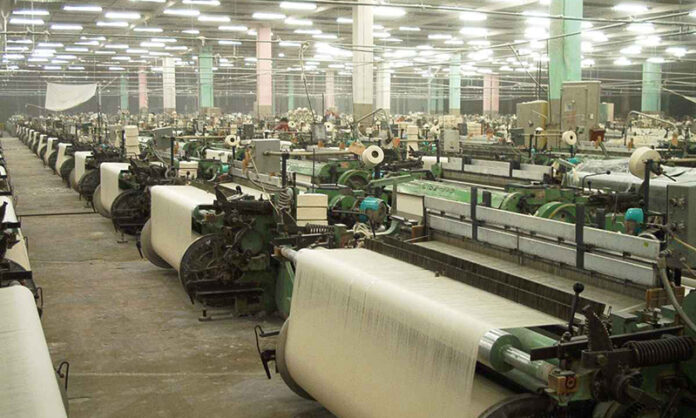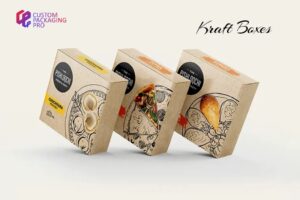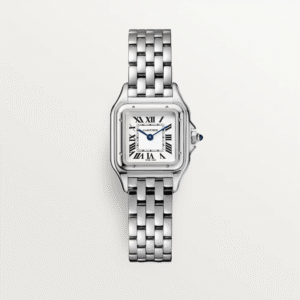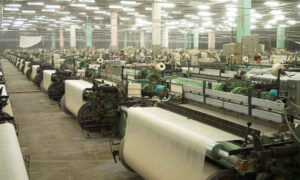
In an era defined by conscious consumerism and rapid innovation, the spotlight has shifted from mass production to meaningful craftsmanship. At the heart of this transformation lies an industry that often works behind the scenes but plays a foundational role in everything we wear—the textile manufacturing world.
Today’s leading textile manufacturing companies are not only producing fabrics; they’re shaping the future of the fashion and apparel industries with innovation, sustainability, and customization at the core. Whether you’re a boutique brand launching a capsule collection or a global retailer streamlining your supply chain, your success depends heavily on the manufacturer you trust.
Why Modern Brands Are Re-Evaluating Their Manufacturing Partners
With trends shifting faster than ever and customers demanding transparency, it’s no longer enough for manufacturers to just deliver bulk orders. Brands want partners—ones who can innovate, problem-solve, and provide tailored solutions.
That’s why the demand for a custom fabric manufacturer has skyrocketed. Businesses are looking for materials that fit their vision precisely—down to the thread count, color tone, weave pattern, and eco-friendly certification. No two brands are the same, and now, their fabrics don’t have to be either.
Customization allows for uniqueness, but it also supports efficiency. By working closely with manufacturers who understand niche demands, brands can minimize waste, avoid excess inventory, and accelerate production timelines.
The Power of Certification in a Transparent World
Trust is a currency, and nothing earns it faster than accountability. A Certified Garments Manufacturer doesn’t just promise quality—it proves it.
Certifications like ISO, GOTS (Global Organic Textile Standard), OEKO-TEX®, and Fair Trade aren’t just badges—they’re standards. They confirm that a company meets stringent environmental, ethical, and quality guidelines throughout the entire production lifecycle. For brands, this offers peace of mind. For consumers, it builds trust.
Being certified is no longer an option—it’s becoming a necessity. Especially as eco-conscious and socially responsible shoppers grow in number and influence.
Customization Meets Quality: What Sets Top U.S. Manufacturers Apart
What makes a great textile manufacturing company stand out in 2025? It’s the ability to merge customization with consistency. That delicate balance between producing something unique and maintaining industry-grade standards is what today’s best manufacturers have mastered.
Take, for example, a fashion startup looking to create a new line of performance wear. They don’t just want off-the-shelf nylon or polyester. They want moisture-wicking, UV-resistant, recycled fiber blends dyed using non-toxic methods. And they need it done quickly, affordably, and at scale.
A seasoned custom fabric manufacturer rises to this challenge with in-house R&D labs, smart textile innovations, and agile production cycles. They treat each order not as a transaction, but a collaboration.
Made in the USA: The Rise of Local, Ethical Production
Over the past decade, there’s been a steady revival of U.S.-based manufacturing. Why? Because brands are tired of supply chain headaches, unpredictable shipping timelines, and lack of oversight overseas.
Choosing a domestic textile manufacturing company offers significant advantages:
- Shorter lead times
- Tighter quality control
- Easier communication and collaboration
- Support for local economies
Plus, U.S. manufacturers operate under strict labor and environmental regulations—giving brands additional assurance of ethical production.
This reshoring trend isn’t just about convenience; it’s about values. And it’s only growing stronger.
Sustainability: No Longer a Trend, But a Baseline
We’ve passed the point where “sustainable” was a marketing buzzword. Today, it’s an industry standard—and the best manufacturers know it.
Many Certified Garments Manufacturers have already transitioned to using organic or recycled fibers, implementing water-saving dyeing processes, and utilizing renewable energy in their operations. They’re not only meeting government regulations—they’re exceeding them because they understand what’s at stake.
What’s more, these manufacturers are often at the forefront of circular fashion, helping brands design for longevity and recyclability from the ground up.
The Value of a True Partnership
Great manufacturing isn’t just about output—it’s about insight. When a brand partners with a forward-thinking custom fabric manufacturer, they’re tapping into decades of expertise, innovation pipelines, and a shared commitment to excellence.
From prototyping and material selection to final garment production and packaging, trusted manufacturers become co-creators. They help brands navigate evolving market demands, emerging technologies, and consumer expectations.
In a fast-paced industry, this kind of collaboration isn’t just helpful—it’s essential.
Conclusion: Choosing the Right Partner Is Choosing Your Future
As the fashion industry continues to evolve, brands must align themselves with manufacturers who reflect their values, support their goals, and elevate their quality.
Working with a Certified Garments Manufacturer or a reliable textile manufacturing company is more than a business decision—it’s a statement. It says your brand values integrity, innovation, and impact. It shows you care not just about the clothes you make, but the world they’re made in.
Because when you choose the right manufacturing partner, you’re not just producing apparel—you’re building a legacy.




